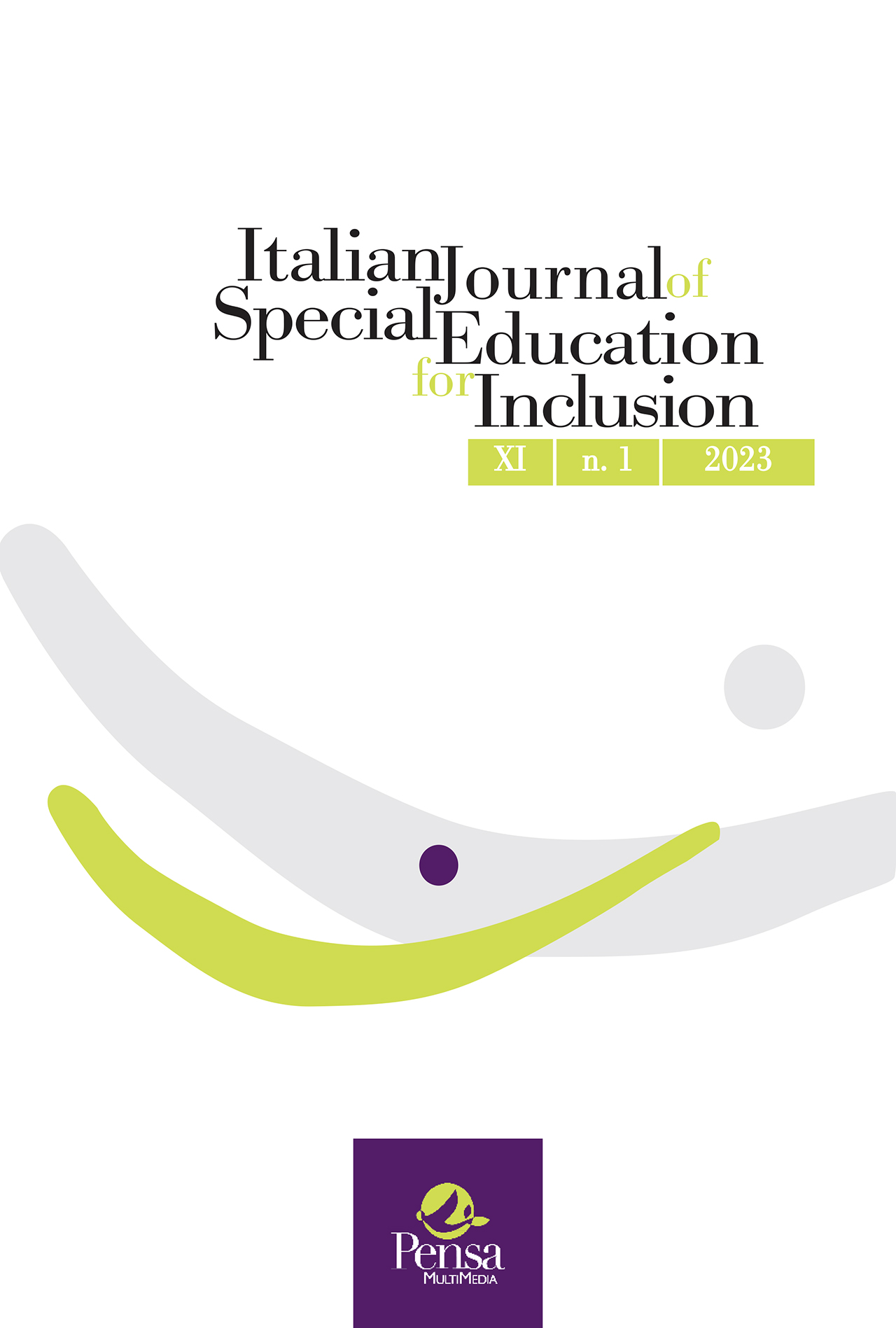The inclusive educator.
A return to Paulo Freire's pedagogy
DOI:
https://doi.org/10.7346/sipes-01-2023-06Abstract
In the pedagogical perspective of P. Freire, education manages to problematize when it overcomes the oppressed-educator-vs-oppressed-learner structure and acquires the intimate dialogic specificity which re-establishes the relation between each other and between them and the real world in a completely new way. Freire's thinking is based upon the socialization process, the dialogue and the rise to awareness of the most disadvantaged categories of people who, as the Brazilian educator himself stresses, should be freed from their fear of freedom. Starting from his own educational experience, P. Freire arrives at a critical observation on the virtues of the educator and maintains that those who own these virtues undoubtedly have a different way of looking at things, discover the world around and commit themselves to an educational praxis bound to transform it. This observation is characterized by Freire's ability to represent education as a “practice of freedom” (Freire, 2011) which is connoted by open educational procedures whose objective is to guarantee a better quality of life for the learner. Thus, the inclusive educator must necessarily propose educational itinerary based on and oriented to some sort of existential design, whereby change represents a co-built route within a perspective of shared social and cultural liberation.


